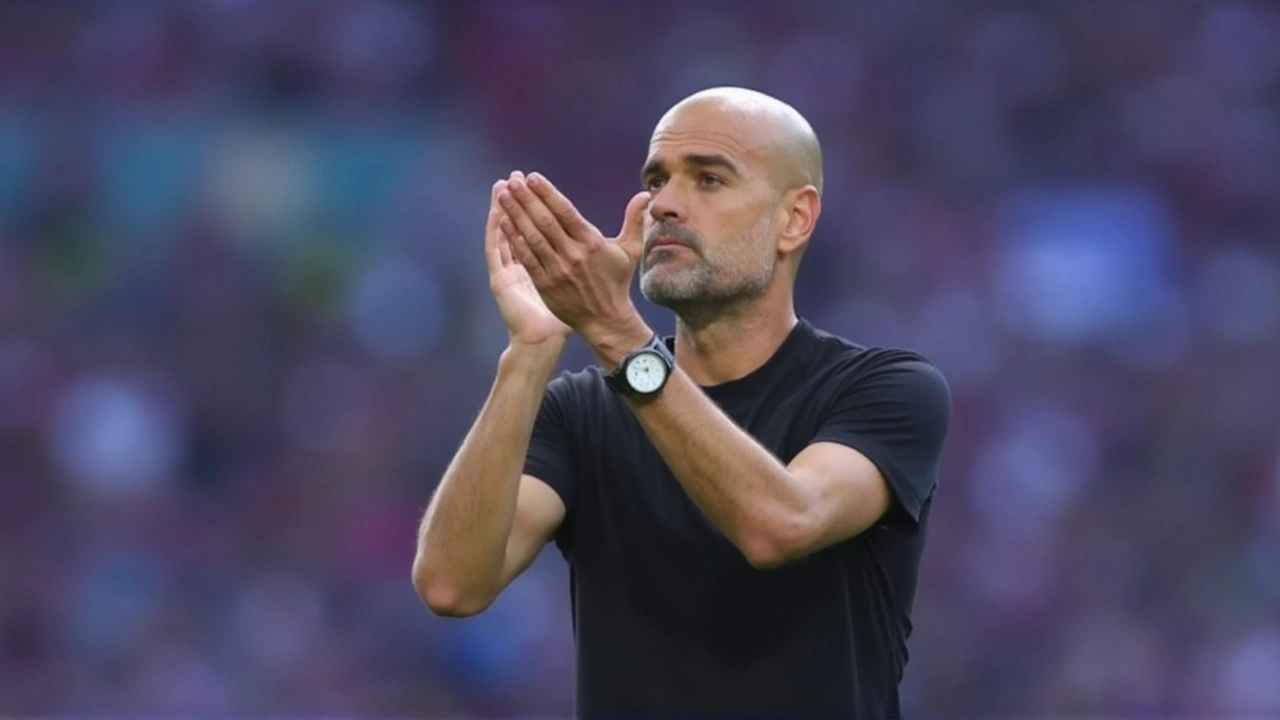Managerial Burnout: Spot It Early, Stop It Fast
Ever feel like you’re running on empty while still juggling meetings, emails, and deadlines? That’s a classic sign of managerial burnout. It’s not just “being tired” – it’s a deeper, chronic drain that can hurt both you and your team. The good news? You can catch it early and take simple steps to bounce back.
Common Signs of Managerial Burnout
First, know the red flags. If you notice you’re constantly irritable, losing patience with staff, or feeling detached from decisions you usually love, you might be burning out. Other tell‑tale signs include:
- Physical fatigue that doesn’t improve after a weekend.
- Forgetfulness or a drop in decision‑making quality.
- Skipping meals or relying on caffeine to get through the day.
- Feeling cynical about the company’s goals.
When several of these show up together, it’s time to hit the pause button.
Practical Steps to Prevent and Recover
Now, let’s talk action. The best defense is a mix of daily habits and bigger changes.
1. Set clear boundaries. Turn off work notifications after hours and protect at least one evening a week for non‑work activities. Your brain needs that downtime to reset.
2. Delegate, don’t micromanage. Trust your team with tasks that match their strengths. It lightens your load and builds confidence across the board.
3. Schedule micro‑breaks. A five‑minute walk, a stretch, or a quick chat with a colleague can break the monotony and boost energy.
4. Keep a simple priority list. Write down the top three things that truly move the needle each day. Anything beyond that can be postponed or reassigned.
5. Seek feedback. Ask a peer or mentor how you’re handling pressure. An outside perspective often spots blind spots you miss.
6. Invest in your health. Regular exercise, balanced meals, and adequate sleep are non‑negotiable. Even a short jog can clear mental fog.
7. Use tools wisely. Project management apps can keep tasks organized, but don’t let them become another source of stress. Turn off unnecessary alerts.
Recovery isn’t a one‑day fix. If you’ve already hit a burnout wall, start by taking a short leave if possible, or at least a half‑day to unwind. During that time, avoid checking work email and focus on activities that recharge you – reading, hiking, or spending time with family.
Remember, burnout is a signal, not a flaw. It tells you that something in your workload, mindset, or environment needs adjustment. By recognizing the signs early and putting these practical habits in place, you’ll keep your energy up, lead more effectively, and set a healthy example for your whole team.

29
Jul
Pep Guardiola has spoken candidly about the strain of managing Manchester City, describing the toll as making him feel like a 'wreck.' Citing fatigue, loss of focus, and a longing for personal freedom, he plans to exit coaching after his City tenure, considering a sabbatical and leaving a historic impact on the club.
Read More
